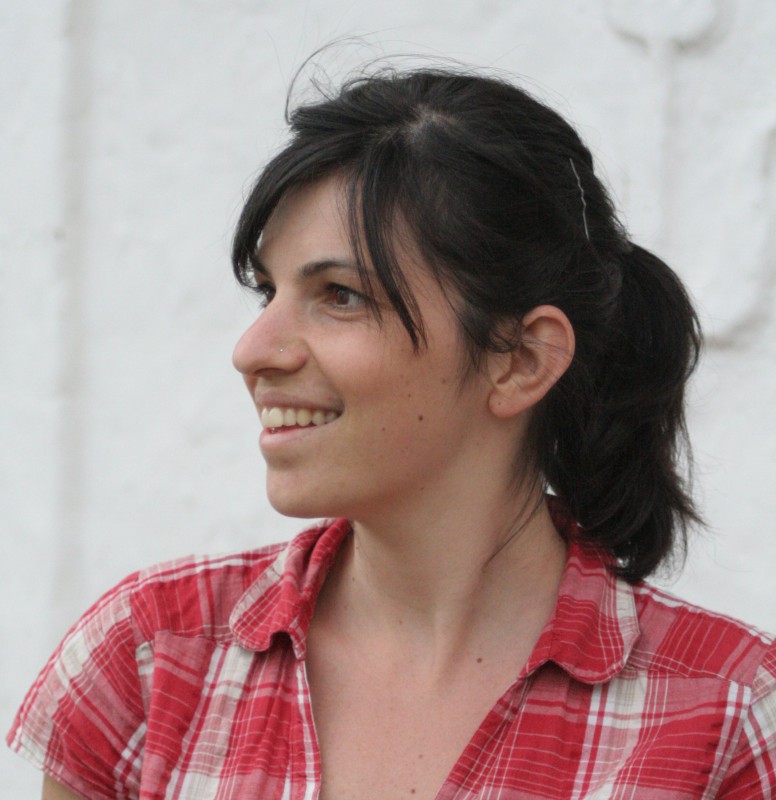KLI Colloquia are invited research talks of about an hour followed by 30 min discussion. The talks are held in English, open to the public, and offered in hybrid format.
Spring 2026 KLI Colloquium Series
Join Zoom Meeting
https://us02web.zoom.us/j/5881861923?omn=85945744831
Meeting ID: 588 186 1923
12 March 2026 (Thurs) 3-4:30 PM CET
What Is Biological Modality, and What Has It Got to Do With Psychology?
Carrie Figdor (University of Iowa)
26 March 2026 (Thurs) 3-4:30 PM CET
The Science of an Evolutionary Transition in Humans
Tim Waring (University of Maine)
9 April 2026 (Thurs) 3-4:30 PM CET
Hierarchies and Power in Primatology and Their Populist Appropriation
Rebekka Hufendiek (Ulm University)
16 April 2026 (Thurs) 3-4:30 PM CET
A Metaphysics for Dialectical Biology
Denis Walsh (University of Toronto)
30 April 2026 (Thurs) 3-4:30 PM CET
What's in a Trait? Reconceptualizing Neurodevelopmental Timing by Seizing Insights From Philosophy
Isabella Sarto-Jackson (KLI)
7 May 2026 (Thurs) 3-4:30 PM CET
The Evolutionary Trajectory of Human Hippocampal-Cortical Interactions
Daniel Reznik (Max Planck Society)
21 May 2026 (Thurs) 3-4:30 PM CET
Why Directionality Emerged in Multicellular Differentiation
Somya Mani (KLI)
28 May 2026 (Thurs) 3-4:30 PM CET
The Interplay of Tissue Mechanics and Gene Regulatory Networks in the Evolution of Morphogenesis
James DiFrisco (Francis Crick Institute)
11 June 2026 (Thurs) 3-4:30 PM CET
Brave Genomes: Genome Plasticity in the Face of Environmental Challenge
Silvia Bulgheresi (University of Vienna)
25 June 2026 (Thurs) 3-4:30 PM CET
Anne LeMaitre (KLI)
KLI Colloquia 2014 – 2026
Event Details

Topic description:
The perplexing diversity of the human personality is a yet unresolved puzzle in evolutionary science. Several hypotheses exist about its ultimate and proximate explanations without discussing the temporary aspects of its evolution. I propose the agricultural trigger hypothesis that explains how, when and why the current diversity evolved. Although pre-agricultural human bands already had to have some genotypic and phenotypic variation in personality traits, this was limited by their environment and social norms. Agriculture, however, altered several aspects of ancestral life, most importantly, it loosened the strict mutual control over the behavior of fellow group members. A positive feedback loop of social division of labor and individual niche specialization, fuelled continuously by the ever growing settlement sizes, economic inequality and hierarchy, thus triggered a major personality explosion. The current state of global diversity could therefore be the result of the above process, born with the Neolithic and still running. Supporting this hypothesis I present two agent based models capturing sub-problems of the above processes. The first explores how social division of labor can result in heritable behavioral differences, and the second shows how egalitarian norms can effect behavioral diversity.
Biographical note:
Zsóka Vásárhelyi holds a BSc and Master´s degree in Biology from the Eötvös Lóránd University, Budapest. She is doing her PhD thesis in the Theoretical Evolutionary Biology Doctoral Program of the Eötvös Lóránd University under the supervision of István Scheuring. Zsóka Vásárhelyi has been awarded a KLI Writing-Up Fellowship to complete her thesis.


